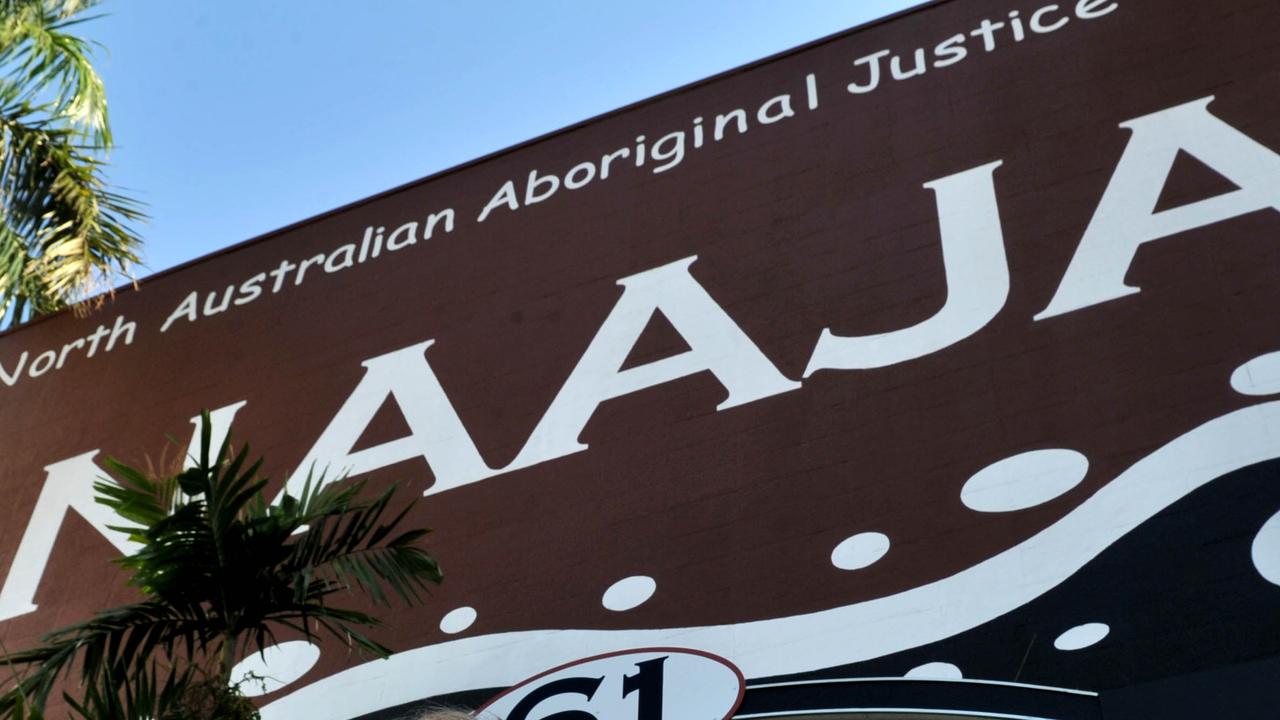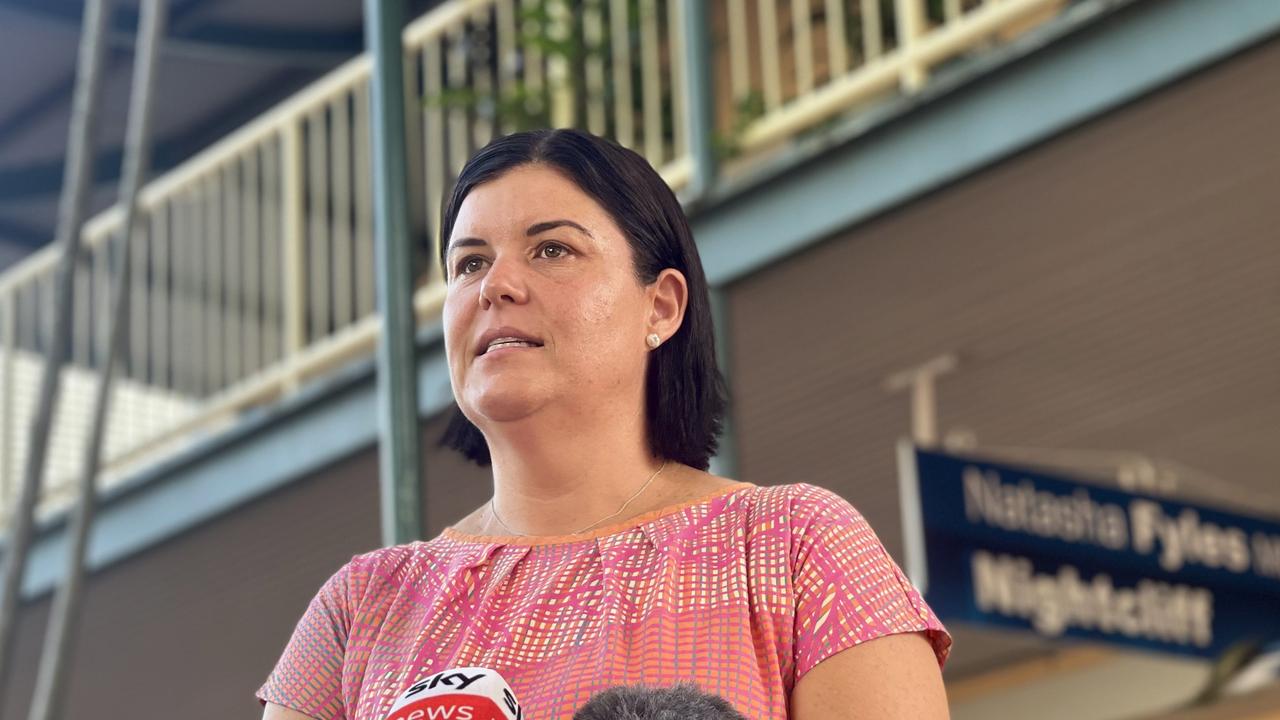Only 18 NT communities opt-in to alcohol bans after Stronger Futures restrictions lapse
A ‘tiny percentage’ of the Territory’s remote communities and homelands have chosen to continue alcohol bans, as the deadline to opt-in as a protected area passes.
Only 18 of the Territory’s hundreds of Aboriginal communities have opted in to continuing alcohol restrictions.
Territory government data shows 13 communities have been declared interim alcohol protection areas (APAs) since Stronger Futures legislation lapsed in July last year.
A government spokeswoman told this publication applications from a further five communities were under review.
The deadline for communities to opt-in as an APA passed on Tuesday, however, applications to become a general restricted area (GRA) have opened.
It leaves more than 250 communities, homelands and town camps with unfettered access to alcohol after the Federal Intervention’s 15-year bans expired.
How the Territory and Commonwealth governments are tackling issues of alcohol abuse and domestic violence in Alice Springs continues to draw national criticism, with crisis talks to be held between the Prime Minister and Chief Minister in Canberra on Thursday.
Association of Alcohol and other Drug Agencies NT executive officer Peter Burnheim said there was a “real failure” by the NT government to consult communities through the six-month opt-in window.
“We were suggesting there should have been a significant process of consultation prior to lifting the bans,” he said.

“The communication and information provided at the time of the cessation was relatively limited.
“Even well after cessation we were getting reports back from community members that they were very misinformed … and asking people to make decisions from an uninformed position is not fair.
“Obviously it was a difficult way to do it – trying to retrofit a ban after it’s been lifted off.
“As a result it’s a tiny, tiny percentage that has opted in.
“We predicted this and all the ACCHOs (Aboriginal community-controlled health organisations) predicted this.”

The Northern Australian Aboriginal Justice Agency (NAAJA) agreed there was “serious concerns” with the consultation process, in a submission to a senate inquiry on the issue late last year.
“The full text of the discussion paper was not available at the consultations,” the submission read.
“A simple pictorial-based discussion paper was handed out at the beginning of the consultations, with no time being given for community members to review it prior to the consultations beginning.”
NAAJA also said consultation meetings were between one to three hours.
Mr Burnheim said the “confusion was everywhere”, with grog entering even some of the 110 communities have remained general restricted areas throughout the changes.
Residents in those communities are only allowed alcohol with a permit, but Mr Burnheim said many are closely surrounded by homelands with free access to alcohol.

Chief Minister Natasha Fyles maintained her government had done “enormous” work on community consultation in the absence of the “race-based” Stronger Futures legislation.
“The NT government has done enormous amount of work around local decision making agreements and listening to Indigenous leadership,” she said.
“I believe that one option going forward would be to have a ballot so that everyone can have confidence in whatever the decision is.
“This is a situation where we have communities and how they want to manage alcohol.
“We need to listen to their leadership, but we need to make sure that all the factors are taken on board and that the whole community has that understanding.”
Mr Burnheim said the last six months had shown “we’ve gone backwards, without a doubt.”
“It’s commendable the amount of focus and energy that has been put into working on alcohol reforms, but the focus has very much been on supply and reduction measures,” he said.
“We need equivalent money in the treatment sector, in harm reduction, to develop fit-for-purpose shelters.”




